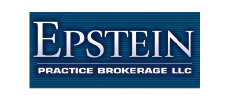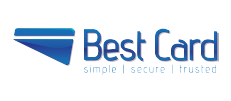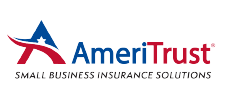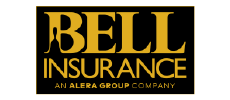Career Strategy & Mentorship Expo
Cocktails & Career Conversations is your chance to connect with mentors, hear impactful talks from industry leaders, and gain tools to navigate your next move — all over cocktails and a dinner reception.
Membership + Customization
Enjoy the 50% off summer special rate for local, state and national membership and customize your membership with bundles of CE, resources, & more!
Early Career Dentists!
From the Early Career Roadmap to in-person programs on practice start ups, practice acquisitions, and DSOs, you won't want to miss these free member resources!
New Jersey Dental Foundation
Take a moment to learn more about NJDA's brand new initiative to help the public learn more and gain access to oral healthcare! Read the mission statement, governance, structure and more.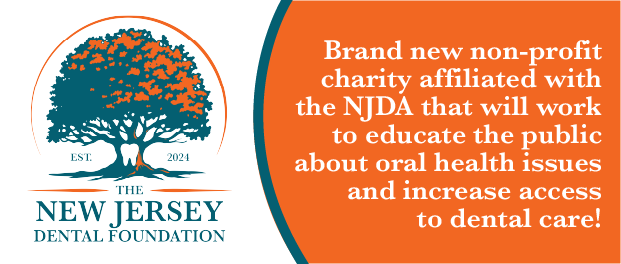
Helping Members Succeed
The New Jersey Dental Association is the voice of the dental profession and a strong proponent of oral health in the state. Members are part of a vibrant community of dentists encompassing 12 local dental societies as well as the American Dental Association. Members engage in educational programs, have access to dentist-centric relationships and tools to navigate the business of dentistry and their careers, as well as benefit from dedicated advocacy that protects the interests of the profession. The organization is run by member-dentists with the support of a team of professionals at NJDA Headquarters. NJDA members never practice alone!
UPCOMING EVENTS
DENTAL NEWS AND NOTES

Effective Communication Improves Job Satisfaction, Employee Retention
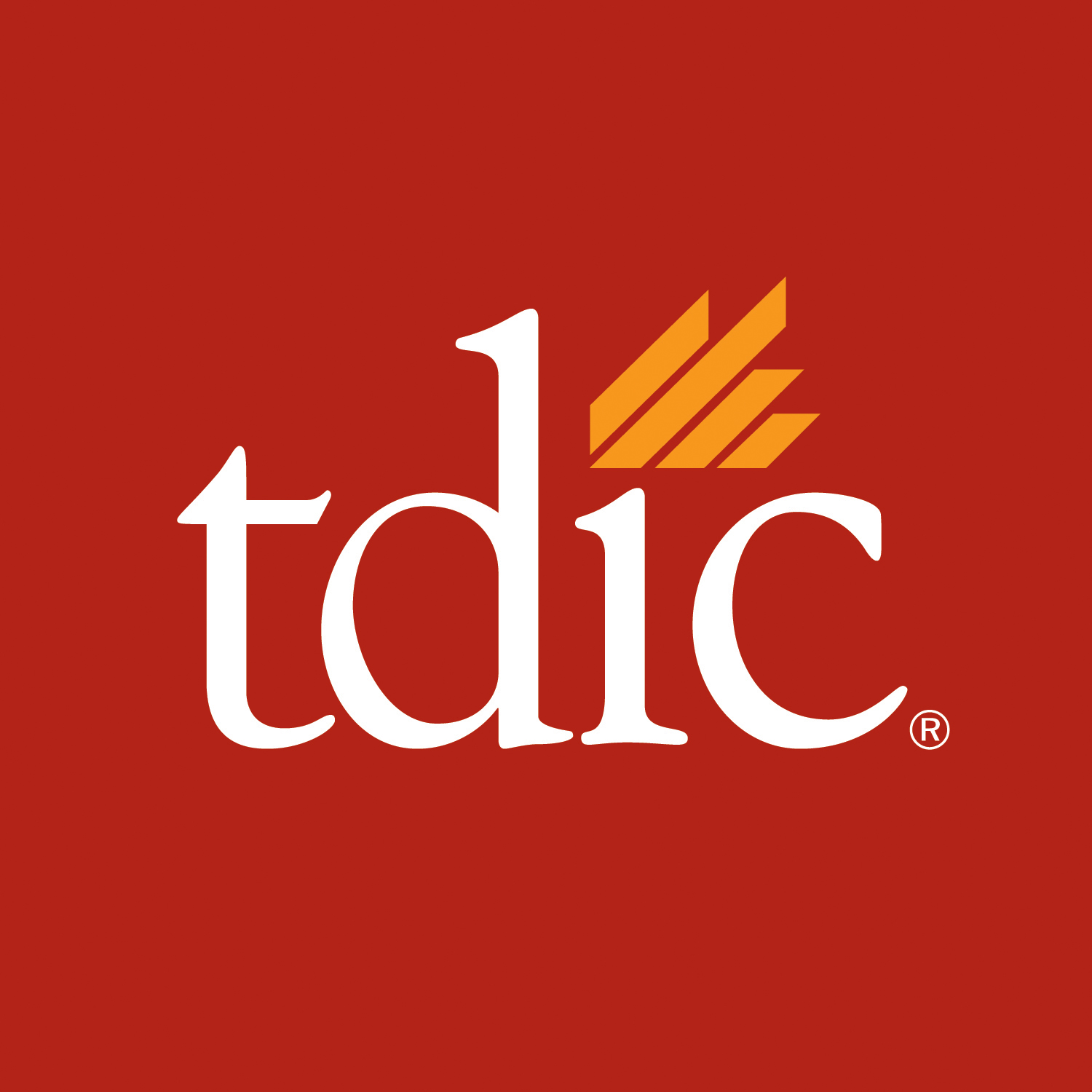
Staffing shortages continue to be a problem for many dentists. The American Dental Association Health Policy Institute reported that at the end of 2024, more than 70% of dentists said it was very or extremely challenging to hire dental assistants and 90% said the process of hiring dental hygienists was extremely challenging.
After a strong candidate is hired, the next challenge is making sure they remain a part of your team. One of the most important aspects to job satisfaction is a positive working environment. Positive working environments are those that embody fair policies and practices, good leadership and strong relationships among colleagues and supervisors. Communication is at the heart of maintaining a cohesive team, thus improving job satisfaction and reducing employee turnover.
A Case Study
In one case reported to The Dentists Insurance Company’s Risk Management Advice Line, an employee was hired as a full-time registered dental assistant. She was instructed to write down eight hours on her timecard, regardless of the actual hours worked. She was also asked to report 15 minutes prior to the start of her shift for a mandatory daily huddle.
Although the employee was not happy about these requests, she complied because she needed the job. Ultimately, the employee became fed up with not being paid for the actual hours worked. After a few months, she began to record her accurate hours on the timecard. Payroll denied the overtime. The employee questioned the dentist about the missing overtime on her paycheck and was told that his office policy was not to pay overtime unless prior approval is obtained. However, he had not previously informed her of his office policy regarding overtime.
To make matters worse, the office manager changed the employee’s schedule, resulting in a reduction of hours. The manager also changed her position from RDA to DA without prior notice. The employee contacted the office the following week and informed them that she would not be returning to work. Two months later, the office received a letter from an attorney representing the former employee, who alleged a hostile work environment and failure to pay overtime. Eventually, the case was settled through mediation for a high five-figure amount.
Clear Communication is Key
When communicating with employees, Risk Management analysts recommend that practice owners be clear, direct and decisive. This should begin with employee onboarding and continue through the duration of employment. A good starting point is a comprehensive and up-to-date employee handbook. In addition, new employees must clearly understand the practice vision, goals, policies and procedures.
TDIC policyholders have access to downloadable sample employee manuals specific to the state in which they practice. These are excellent resources to efficiently create or update dentistry-focused office policies.
It’s also a leadership best practice to clearly outline each employee’s role and responsibilities. Each position should have a written job description and written expectations, and these expectations should be discussed with the employee in person to ensure understanding. This establishes accountability and increases motivation and performance for each member of the team.
Communication Tips
How you communicate is often as important as what you communicate. The following tips can help:
- Be authentic. Being honest and approachable helps build relationships. Sharing personal stories, finding common ground and asking open-ended questions creates a connection with the team, thus establishing trust.
- Be positive. Approaching challenges with a can-do attitude works wonders on employee morale. Letting staff know you’re in it together creates a camaraderie that leads to buy-in from the entire team. Focus on successes and learn from failures.
- Be consistent. Nothing kills employee morale faster than employees who feel they are treated differently or unfairly. Maintaining consistent policies in all aspects of practice management, from dress codes to time off, ensures each staff member feels respected.
- Be concise. A lack of clear instructions is one of the greatest causes of lackluster performance in the dental office. Giving directives and using straightforward language illustrated with cause-and-effect examples can help in understanding. Practice owners are advised to conduct regular performance evaluations and morning huddles. Employees should also be asked whether they have follow-up questions.
After Speaking, Listen
It’s not enough to simply talk to your employees. Listening is arguably the most important skill in effective communication, and too often people listen only with the intent to reply. Instead, effective communication means listening with the intent to understand.
To ensure goals and policies are clearly understood, practice owners are advised to encourage employees to provide feedback and comments, which can identify weak spots and provide valuable information for improvement. Simply asking the team, “How can we improve communication in the office?” or “What would be one thing that you would like to change in the office?” can provide valuable insight and solutions that may not have previously been considered. Open-door policies encourage employees to speak their minds and further promote the team mindset.
Communication Channels
Using the right communication channel for the message is also important. While email and texting have become commonplace in our society, they are not appropriate for sharing information in the workplace.
Having face-to-face conversations with employees, whether individually or during morning huddles or meetings, builds relationships and trust in a way that sending a group email can’t. It also provides the opportunity for employees to ask clarifying questions, thus ensuring everyone is on the same page.
Texting is especially detrimental to workplace communication as it decreases professionalism and makes it difficult, if not impossible, to deliver clear, concise information. Similarly, it’s a communications best practice to require employees to call in sick, rather than emailing or texting.
Naturally, the focus of most practice owners is on clinical care. But brushing up on basic leadership skills, such as communication, can do wonders for improving the workplace. Open dialogue between practice owners and staff establishes clear responsibilities and expectations, builds relationships and improves employee morale. Not only does an efficient workplace improve employee morale, but it can also help mitigate the risk potential claims in the long run.
TDIC’s Risk Management Advice Line is a benefit to TDIC policyholders. To schedule a consultation with an experienced risk management analyst, visit tdicinsurance.com/RMconsult or call 1.877.269.8844.
For use by the California Dental Association components, the Arizona, Hawaii, Idaho, Nevada, New Jersey, North Dakota, Oregon, Pennsylvania and Washington dental associations, the Alaska Dental Society and the Illinois State Dental Society. If you wish to reprint this article, contact TDIC in advance by emailing info@tdicins.com. If you would like to request edits to this article prior to publishing, include the suggested changes in your email.
Contact Us
Phone: 732-821-9400 or dial the Staff Directly
Fax: 732-821-1082 | Email: info@njda.org | Follow us @NJDentalAssoc
One Dental Plaza, North Brunswick, NJ 08902




